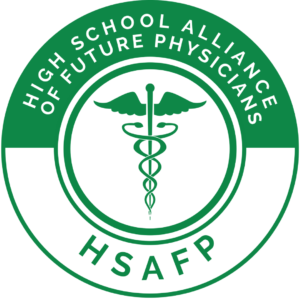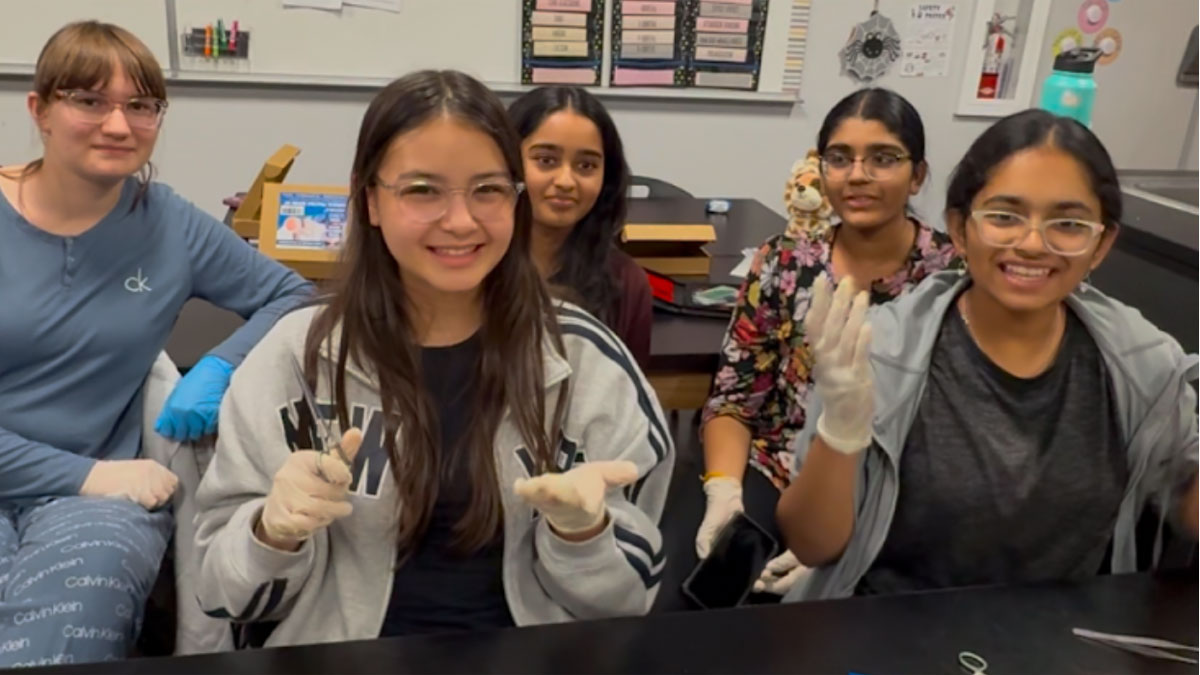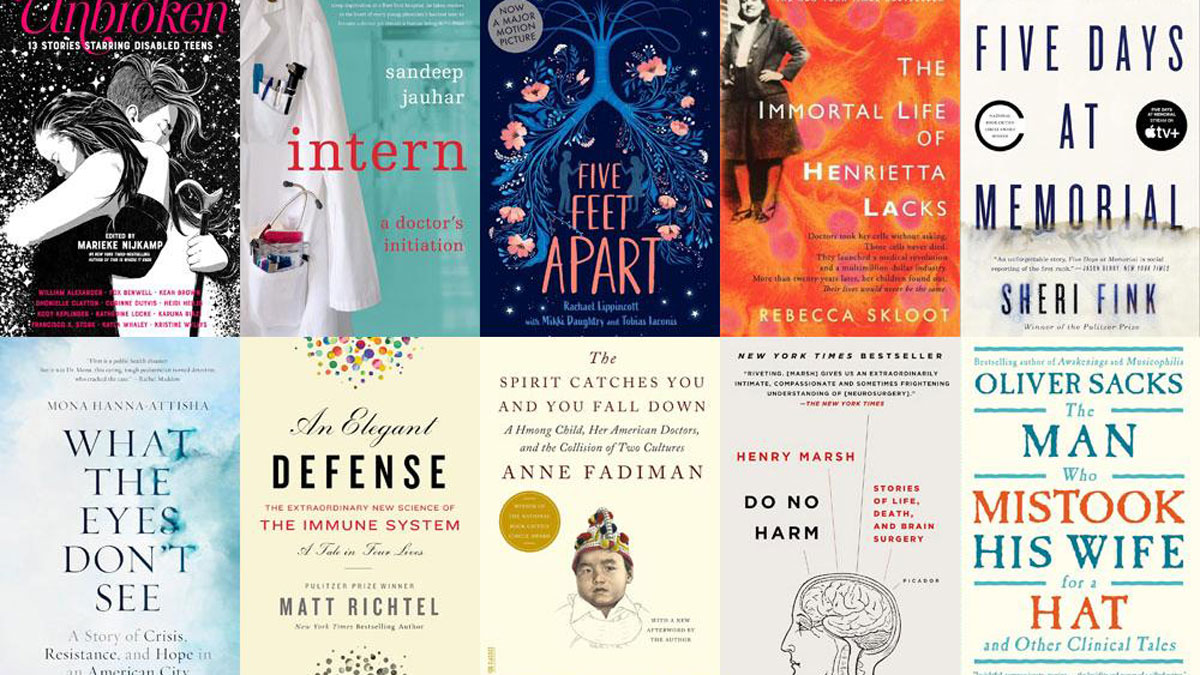How Your Summer Job Can Prepare You for a Career in Medicine
Turn any summer job into a powerful step toward college and a future medical career.

Amanda Lampl

When you’re a high school student interested in medicine, it can feel like you need to spend your summers in labs, hospitals, or volunteering just to stay on track. But the truth is, almost any summer job can help you start developing key pre-med skills. It all depends on how you approach the experience and how you describe your developing skills in your college applications.
Babysitting, lifeguarding, working in customer service or the food industry, camp counseling, coaching: all of these jobs might not come with stethoscopes or scrubs, but they can absolutely be the starting point for a future in healthcare. They help build the core qualities of a great doctor, including teamwork and collaboration, communication, resilience and adaptability, and ethical responsibility to yourself and others, all of which align with the AAMC premed competencies used to evaluate medical school applications.
Here are some of the skills you can recognize and grow through your summer job:
1. Time Management That Mirrors Medical Life
Between studying for exams, gaining clinical experience, and managing a full course load, healthcare professionals have to master time management early. Balancing lifeguard shifts or babysitting jobs with summer reading or SAT prep helps you learn how to prioritize and meet expectations—exactly the kind of time management that will serve you well in medical school and beyond.
In the medical field, you’ll eventually juggle packed schedules, home life, research, and patient care. Learning how to manage your time effectively now, even in a seasonal job, is valuable preparation.
2. Customer Service Communication Skills That Build Patient Trust
Food service and retail jobs are great training grounds for learning how to speak clearly, stay calm under pressure, and adjust your tone depending on the situation. Doctors don’t just diagnose—they listen, explain, reassure, and connect with their patients.
Whether you’re helping a frustrated customer or explaining the rules of a game to a group of kids, you’re developing the same communication skills that great doctors rely on. Patients want a doctor who is both clear and compassionate—someone who knows how to talk with them, not at them. These skills can come from all kinds of places, and summer jobs are a great place to start.
3. Problem Solving in Real Time
Imagine you’re babysitting and a child has an allergic reaction. Or you’re lifeguarding and someone slips by the pool. Even sorting out food mix-ups during a dinner rush demands quick thinking and calm, clear-headed decisions.
In medicine, unexpected situations are the norm. Being able to think on your feet, stay composed, and respond thoughtfully under pressure is one of the most valuable skills you can bring to the table. It’s not something you can just read about, it’s something you build through experience. And your summer job might just give you that foundation.
4. Responsibility That Reflects Real Accountability
Whether it’s a toddler, a customer, a coworker, or a manager, people rely on you in every job to be responsible and dependable. When you mess up, it doesn’t just affect you—it affects the people around you.
In healthcare, that level of accountability grows even stronger. Patients, families, and colleagues will count on you to show up, give your best, and follow through. Lifeguarding a pool, showing up on time for your shift, or babysitting someone’s child might feel small, but it’s the beginning of learning what real responsibility looks like.
5. Emotional Resilience That Supports a Long-Term Career
Let’s be honest: summer jobs, like the medical field, aren’t always glamorous. Maybe a customer is rude. Maybe your boss gives you tough feedback. Maybe the child you’re babysitting won’t stop crying, or the store is short-staffed and you’re overwhelmed.
The lesson isn’t in avoiding stress—it’s in how you handle it. These moments teach you how to keep going, adapt, and stay grounded even when things get tough.
Every job has moments of high stress, but in medicine, those moments can carry even more weight. Learning how to manage frustration, stay composed, and move forward, even in small-scale situations, builds the emotional resilience you’ll need later on.
Final Thoughts
Just because you’re not spending your summer in a hospital doesn’t mean you’re not preparing for your future. The essential pieces of the medicine puzzle—empathy, time management, critical thinking, and communication—can develop in any environment.
Never underestimate the value of your summer job.
The skills you gain from running dishes in a restaurant or calming a crying child may come in handy when you least expect them (and trust me, they will).

The High School Alliance of Future Physicians
Want more practical advice about your future?
Start or join an HSAFP chapter at your school today!
Recent Articles






